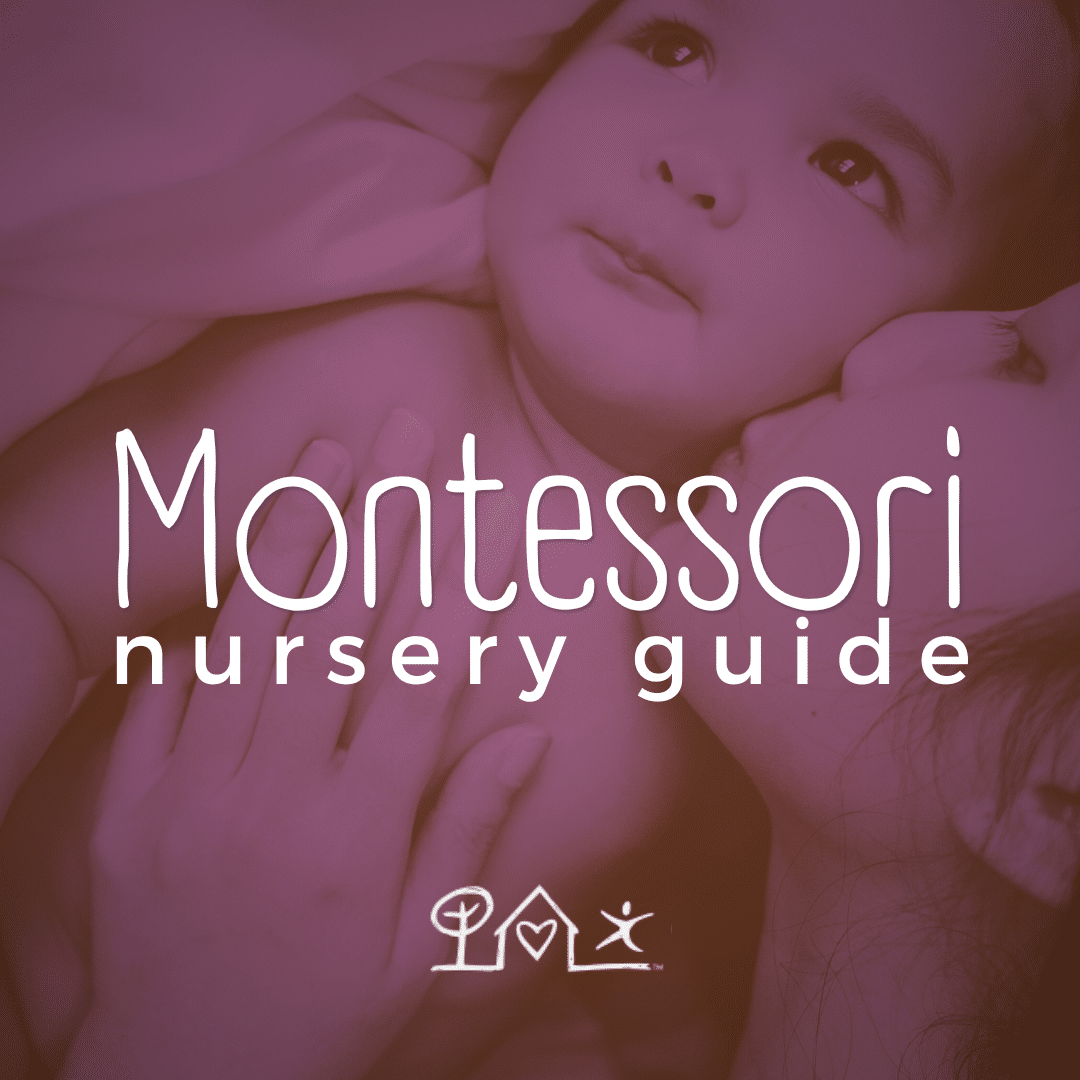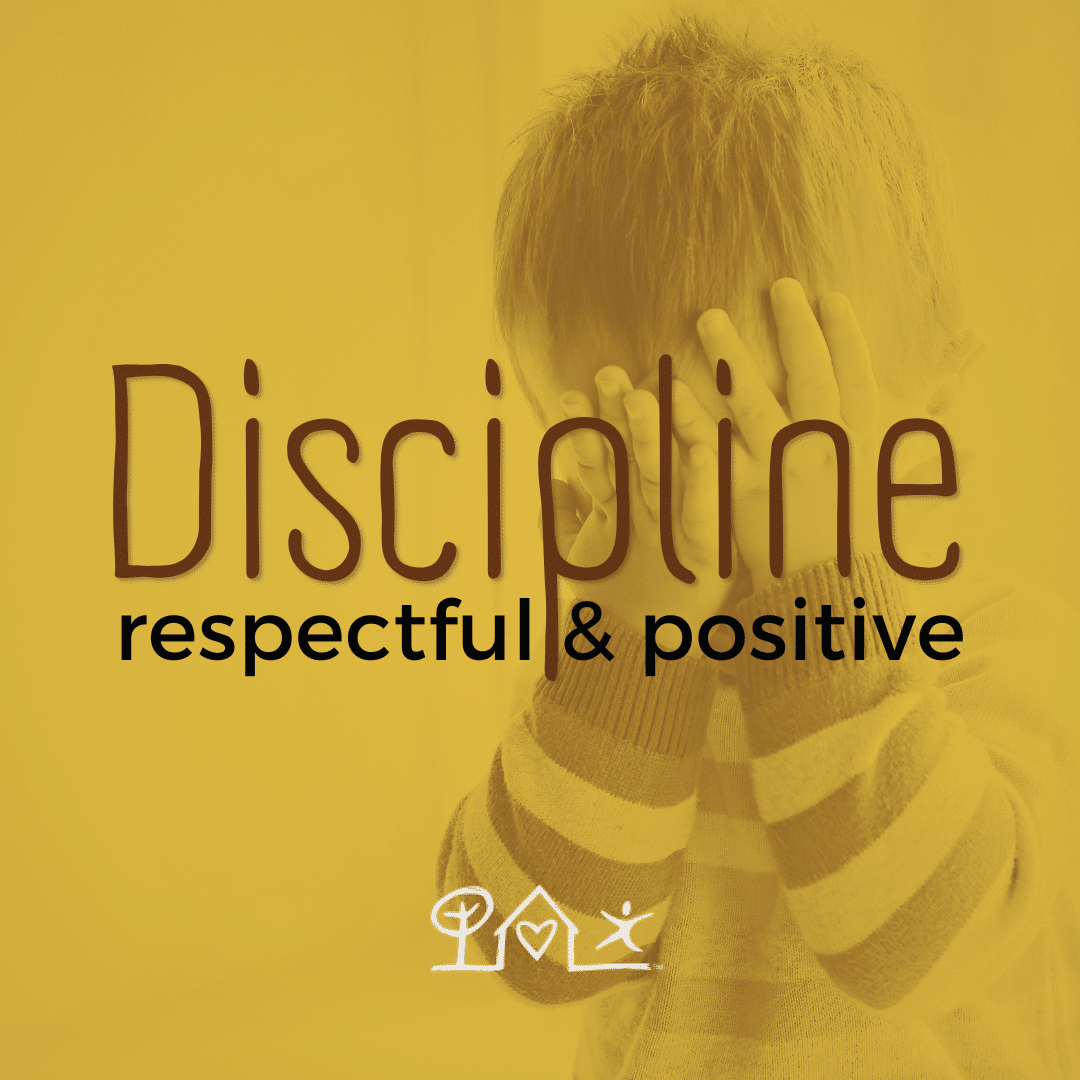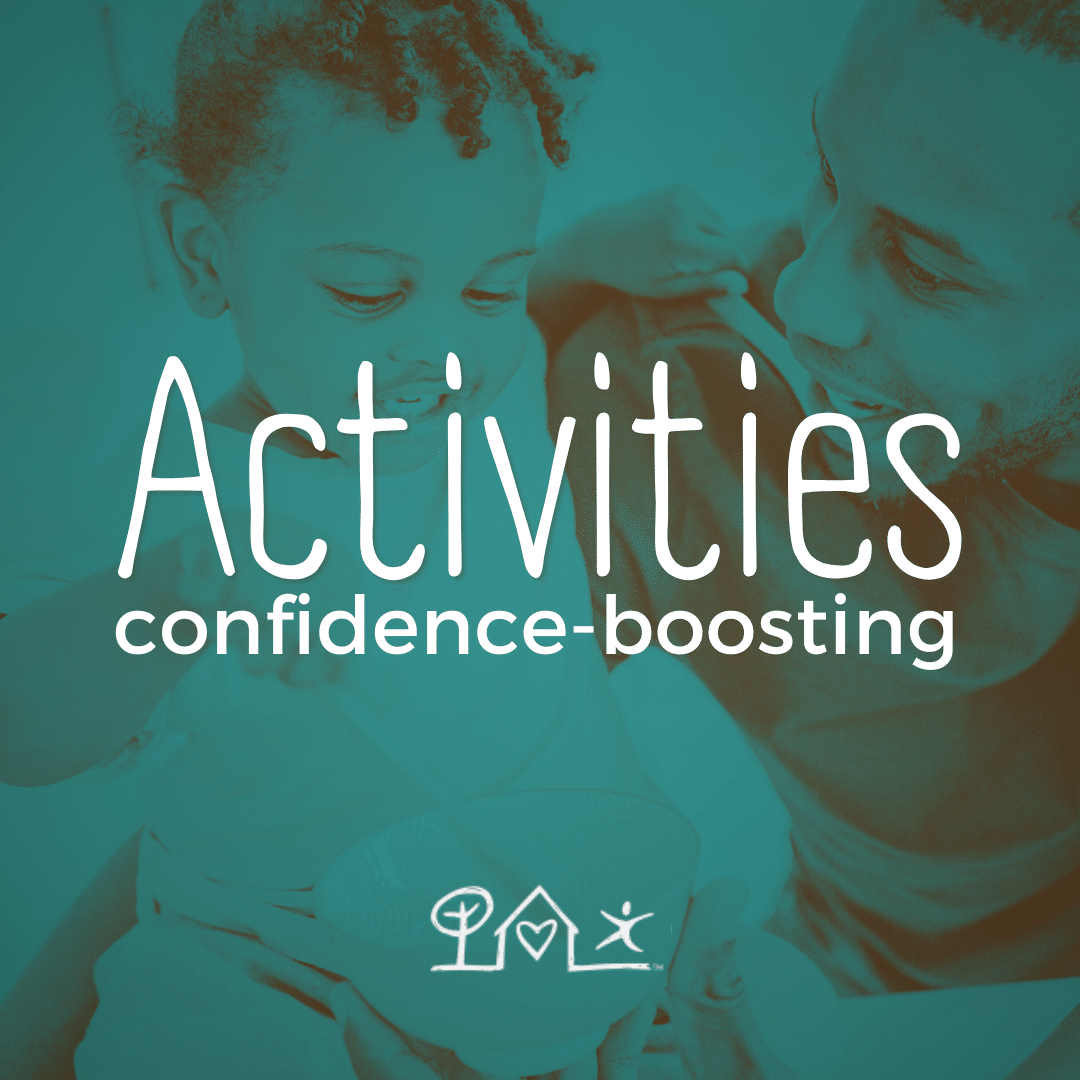Is Plastic REALLY Fantastic?
Is your child careless with his toys? Do you wish he would show more respect for his eating and drinking utensils? Are you as tired of saying, “Be gentle!” as he is of hearing it? Then maybe it’s time to introduce some fragile objects into his life!
Young children are surrounded by plastic because it’s convenient, sturdy, and affordable. But for all its benefits, plastic has a huge negative impact on your child’s development.
Consider what happens when a child is being careless while carrying a plastic plate: If he drops it, he’ll hear a dull clatter, and then he’ll pick it up and continue on his way. Now think of what happens when he drops a ceramic plate: He’ll be jolted by a loud noise, the plate will smash into pieces, the mess will have to be cleaned up, and he won’t be able to use the plate anymore. Which item taught him a valuable lesson about awareness, motor control, and natural consequences?
You don’t have to overhaul your entire home to provide your child with the benefits of using fragile objects. Start small: swap out his plastic plate for an affordable ceramic one (you might want to have a few back-ups). When he’s comfortable with this change, introduce a child-sized glass in place of his plastic cup. Eventually, show him how to carry one plate at a time with two hands to help set the table, and invite him to take his plate and glass (one at a time with two hands) back to the kitchen after meals. You can also introduce Montessori activities with fragile items, like the one in this week’s video.
Breakage is an inevitable part of the learning process, so try not to cringe or get upset if it happens. Instead, celebrate the learning opportunity! Objectively discuss the cause and effect: “Oh, the glass fell from the table and broke on the floor!” and prompt your child to problem-solve for the future: “Where can you put your glass next time so you won’t bump it with your arm?” Adults should be the only ones cleaning up broken glass, but children can help sweep up broken ceramic.
Dr. Montessori reminds us that, “only through freedom and environmental experience is it practically possible for human development to occur.” By allowing your child to work with delicate objects, you are sending him a message of trust while supporting his immense potential.
Are you ready to move away from plastic? My Montessori Parenting Program will help you get there in a stress-free way! I’ve showed dozens of families how to turn broken plates into powerful learning opportunities. Your family can be next, so click here to get started!
Little hands will be eager to work with these fragile and beautiful containers. By trusting your child with these delicate objects, you’re letting him know you value his self-control. This material supports your child’s motor skills, encourages independence, and is a great shape-matching activity. Thrift shops are ideal places to start your container collection.
For more tips on how to introduce Montessori activities, read The Nine Key Points to Sharing a New Activity with Your Child.
P.S. Would you like my support and guidance setting-up your Montessori home? If, yes then go ahead and schedule a ‘Discovery Session’ with me. It’s free and you’ll know if we are a good fit. 😉







3 thoughts on “Opening Closing Fragile Containers”
Beautiful..What a beautiful AHA moment and paradigm shift! Thanks a lot